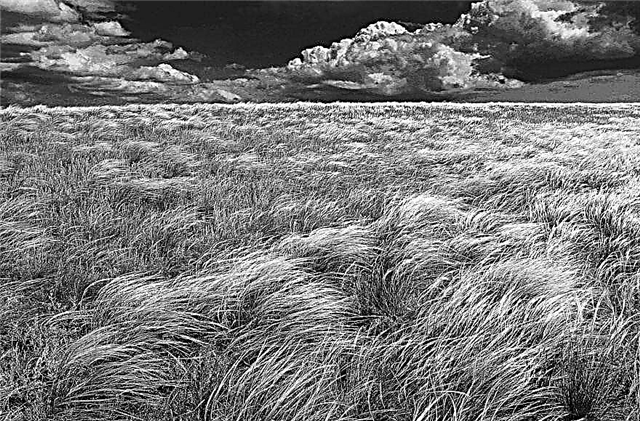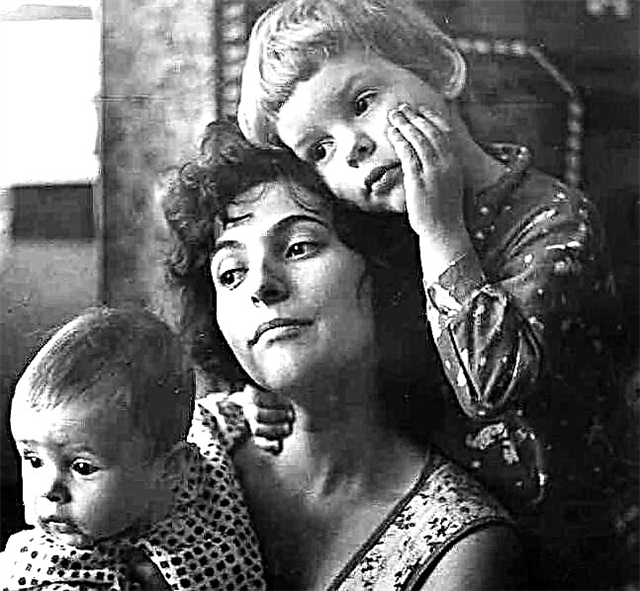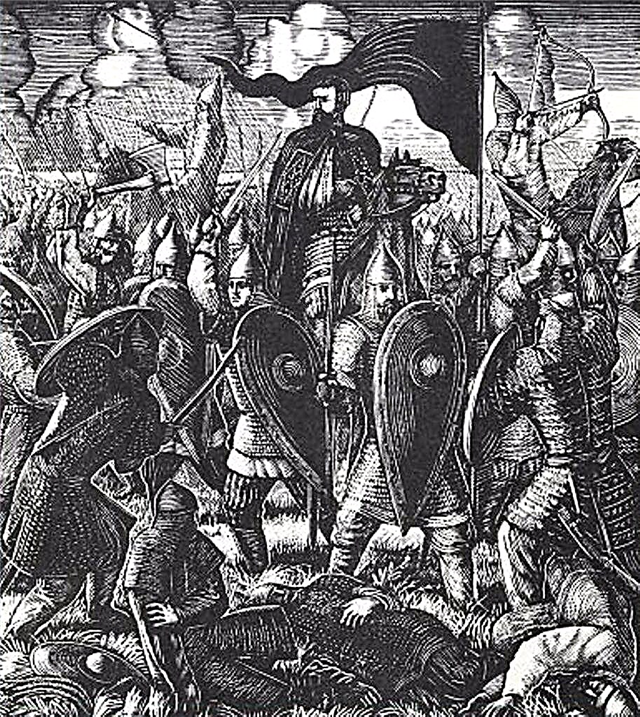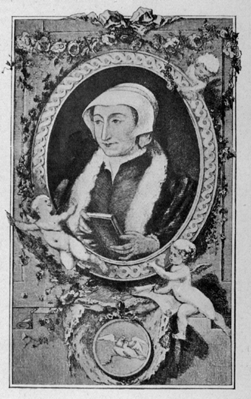(466 words) Quotations of great people usually contain wisdom, the justice of which is difficult to doubt. Among these allegations is the expression of the historian Klyuchevsky: "The habits of the fathers, both bad and good, turn into vices of children." Its meaning is that the offspring, as a rule, repeat the fate of the parents, but at the same time, the features of the fathers are often distorted in the behavior of children, because the new era leaves its mark on the personality. I agree with this statement. Arguments in favor of my point of view can be found in literary works.
The first hero whose fate I remember is Ilya Ilyich Oblomov. In his work of the same name, I.A. Goncharov told the story of a lazy and apathetic person. Ilya Ilyich’s childhood passed in the village “with smiling landscapes”. Everything in it was on schedule: preparing breakfast, buying utensils and products, daytime sleep ... Little Ilyusha could rest as much as necessary in silence and idleness. Even when the guests arrived, almost nothing changed in the Oblomov family estate: only more dishes were brought to the tables. The young master did not bother himself with any work, for him the servants did everything. Sometimes he himself took the initiative, but his parents were horrified and forbade the hero to dress, clean, and help with the housework. It is not surprising that Oblomov grew lethargic, dreamy, unfit for life. His mother and father basically “observed” the work of others, but Ilya Ilyich did not do this either. Thus, the idle and lazy nobility of parents was reflected in their son and acquired in its embodiment a gigantic scale. Thus, the generosity and hospitality of the Oblomovs became the defects of their heir - he did not distinguish scammers from friends, unconditionally trusted the clerk who robbed him, and brought the estate to ruin.
For Andrei Bolkonsky, the hero of the novel L.N. Tolstoy's “War and Peace,” the old prince was an example. The young man listened to his father's advice, was sympathetic to his weaknesses. He inherited from the old man the concepts of honor and dignity, courage and nobility, liveliness of mind and hostility to empty people. Nikolai Andreevich believed in the idea of serving the Fatherland, his son - in the idea of serving the whole world. However, the son still had a distorted worldview of the parent. So, he went to the battlefield for the glory, and the second time - for personal revenge. His motives were far from always patriotic, because in the first place he always thought about his interests. Also, Andrew became even more categorical and implacable than his father. He could forgive Natasha’s betrayal only before death, and before that his heart was poisoned by anger and a thirst for revenge. The family life of the hero also did not ask: he left his wife to give birth alone, and she died in agony, without even saying goodbye to him. Thus, even the dignity of the old prince became the vices of his heir.
So, the historian correctly determined the pattern of interconnection of generations. Our upbringing affects who we become, as does the genetic link with our ancestors. Often, it is parents who determine our fate. Therefore, young people cannot blindly borrow the habits of their fathers, they need to develop their own approaches to solving problems, to form and develop their individual qualities so as not to step on the same rake.












